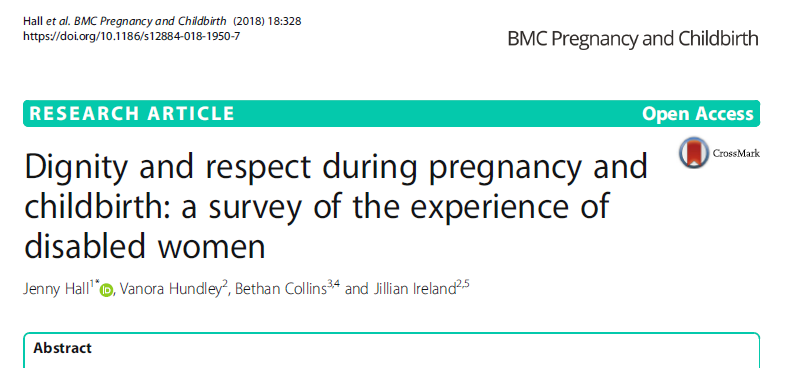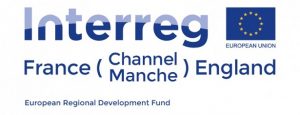The Rohingya people of Myanmar are one of the most persecuted minorities in the world. The Myanmar government doesn’t consider them as citizens and deprives them of basic rights such as education, healthcare, employment and freedom of movement.
To avoid persecution, waves of Rohingya people have taken refuge in neighbouring Bangladesh in recent decades, with particular flash points in 1978, 1992 and 2012.
The latest and largest mass exodus to Bangladesh took place in late August 2017. Within a month, around half a million Rohingya had fled to Bangladesh. This influx gradually slowed down, but did not stop there. A year later, the total number of Rohingya in Bangladesh is estimated to be 918,000, with around 700,000 new arrivals since August 2017.
The Rohingya refugees are confined within several camps in the Cox’s Bazar district of Bangladesh, which are managed jointly by the government and a coordinating body of international organisations called the Inter Sector Coordination Group (ISCG). The largest of these, which I visited in August 2018, is known as the Kutupalong camp and hosts more than a half a million people. The camp seems neverending, with shelters, shops and narrow paths leading to every corner.
The Kutupalong site covers about 6,000 acres and is densely populated with eight square metres per person. The sites are highly vulnerable to rain, floods, cyclones, fire and landslides. Access to basic services is still insufficient, and there are poor quality shelters, latrines and delivery clinics. According to the ISCG’s 2018 joint response plan, 12,200 metric tonnes of food per month and 16m litres of safe water per day are needed to sustain the refugee population.
Disappearing forests
From what I saw, the environmental impact of the crisis is clearly devastating. A local forest officer told me that, in the past, the site upon which the Kutupalong camp now stands was a protected forest. Now, not a single large tree can be seen.
Many local Bangladeshis around the camps previously depended on nearby forests – to collect honey, and use dead branches and leaves as firewood. These forests are now disappearing.
Near the camp, I saw many large holes, evidence of the complete uprooting of trees to meet the demands for firewood. Bangladesh’s forest department is relentlessly trying to protect the nearby forests, but doesn’t have enough manpower to maintain the vigil 24 hours a day.
There is no clear boundary to the camp, and nearby I saw some Bangladeshi settlements. The demarcation is obvious: if a group of houses is surrounded by large trees then it is a Bangladeshi settlement, if not, it’s a Rohingya settlement.
The area used to be a habitat for many forest animals including about 40 elephants. The animals are now all gone and the elephants are trapped in another small patch of forest nearby, a local forest officer told me. In the early part of 2018, some elephants attacked Rohingya settlements.
Impact on local economy
The local economy of the camps seem to be thriving and the Kutupalong site is full of small shops selling many kinds of goods. The shop sellers are largely Rohingya, though there is reportedly some Bangladeshi involvement, too.
The presence of the refugees has imposed a heavy financial burden on the Bangladeshi government. One government officer told me that about 2,000 government officials are involved in the management of the camps at various levels – at an annual cost of US$15.24m to the Bangladeshi government. This is a huge sum, considering the per capita annual GDP of Bangladesh is only about US$1,700.
It was the local community in the area that provided much needed early support to Rohingya refugees in August 2017, before aid arrived. Since then, research has begun to highlight the impact of the Rohingya refugees on the local communities, including on the price of local goods and on the local job market
In June 2018, the Bangladesh government signed a memorandum of understanding with the aim of facilitating the voluntary repatriation of 700,000 Rohingya back to Myanmar, but the prospect of actual returns is in question because of the previous experience of the Rohingya people in Myanmar. Meanwhile, they continue to see Bangladesh as a place of refuge, as they have for decades. To ensure voluntary repatriations happen, full assurance is required that they will not be persecuted upon their return.
 Meanwhile, a longer term, sustainable solution is required for the area, one which secures the safety and livelihoods of both those Rohingya people in fear for their lives, and the hosts who have given them sanctuary.
Meanwhile, a longer term, sustainable solution is required for the area, one which secures the safety and livelihoods of both those Rohingya people in fear for their lives, and the hosts who have given them sanctuary.
Mehdi Chowdhury, Senior Lecturer in Economics, Bournemouth University
This article was originally published on The Conversation. Read the original article.


 Funder call information sessions and networking workshops are growing in popularity with research funders. Adam Golberg, University of Nottingham, has written a helpful guide on Research Professional, where he explains how to make these meetings a success.
Funder call information sessions and networking workshops are growing in popularity with research funders. Adam Golberg, University of Nottingham, has written a helpful guide on Research Professional, where he explains how to make these meetings a success. On 4 September 2018, 11 national research funding organisations, with the support of the European Commission including the European Research Council (ERC), announced the launch of cOAlition S, an initiative to make full and immediate Open Access to research publications a reality. It is built around Plan S, which consists of one target and 10 principles.
On 4 September 2018, 11 national research funding organisations, with the support of the European Commission including the European Research Council (ERC), announced the launch of cOAlition S, an initiative to make full and immediate Open Access to research publications a reality. It is built around Plan S, which consists of one target and 10 principles.





 The procedure is rather simple – together with a short video, fellow should submit a current CV including the following information:
The procedure is rather simple – together with a short video, fellow should submit a current CV including the following information: Bournemouth University currently hosts six MSCA fellows. If you have an excellent research project idea and need help in finding EU or other international funding source, please contact
Bournemouth University currently hosts six MSCA fellows. If you have an excellent research project idea and need help in finding EU or other international funding source, please contact 













 FHSS academics teaching in Nepal
FHSS academics teaching in Nepal New weight change BU paper
New weight change BU paper One week to go! | The 16th Annual Postgraduate Research Conference
One week to go! | The 16th Annual Postgraduate Research Conference Geography and Environmental Studies academics – would you like to get more involved in preparing our next REF submission?
Geography and Environmental Studies academics – would you like to get more involved in preparing our next REF submission? Congratulations to three former BU staff
Congratulations to three former BU staff MSCA Staff Exchanges 2024 Call – internal deadline
MSCA Staff Exchanges 2024 Call – internal deadline Applications are now open for 2025 ESRC Postdoctoral Fellowships!
Applications are now open for 2025 ESRC Postdoctoral Fellowships! Horizon Europe – ERC CoG and MSCA SE webinars
Horizon Europe – ERC CoG and MSCA SE webinars MaGMap: Mass Grave Mapping
MaGMap: Mass Grave Mapping ERC grants – series of webinars
ERC grants – series of webinars